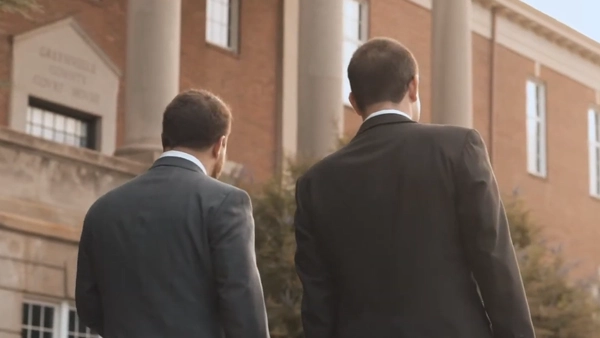Settlement agreements are not the only ways a personal injury lawsuit can be resolved without going to trial. At some point during the life of every South Carolina personal injury case, there will be one or more hearings where the court will consider and rule upon various legal motions that might be filed. While some motions are more procedural in nature – motions that ask the court to grant specific discovery or that request specific evidence be excluded, for example – other motions are more substantive and might ask the court to resolve the case at that particular moment. These motions are generally filed by the defendant, because a plaintiff will almost always be seeking money damages, the amount of which is an issue requiring determination at trial.
Motion to Dismiss
The first such motion that may be encountered in a personal injury case is typically called the motion to dismiss. There are actually several different reasons why a case may be dismissed, but the two most common reasons cited are due to a lack of jurisdiction and/or because the pleadings fail to state a cause of action upon which relief can be granted.
To resolve a motion to dismiss based on a failure to state a cause of action, the court will need to determine whether your pleadings, if taken as true, state a legally-recognized cause of action that would entitle you to compensation. For purposes of resolving this motion, a court will accept all of the facts contained in your pleading as true (a court may, however, disregard unsupported legal conclusions. For example, a statement in your pleading that the defendant was “negligent,” without any facts to support this conclusion, will likely be disregarded).
If a court grants a motion to dismiss, you may be granted permission to amend your pleadings and refile your case. This, however, is left to the discretion of the court.
Motion for Summary Judgment
Once the discovery process has begun (the collection and exchange of evidence), it may become clear that there are no real material facts in dispute amongst the parties and that one party is clearly entitled to judgment in his or her favor as a matter of law. Either party may file a motion for summary judgment at any time, and a court will consider the evidence submitted to it at the time the motion is filed when determining whether to grant this motion. A court will grant a motion for summary judgment and enter a judgment in favor of the party filing the motion when it appears that there are no material facts (i.e., facts that matter to the resolution of the case) in dispute and it is clear that the party that filed the motion is entitled to a judgment in their favor. Losing a motion for summary judgment and having your case dismissed will usually prevent you from re-filing your case.
It is vital that you have experienced and aggressive counsel on your side so that you can react swiftly when a dispositional motion like a motion to dismiss or motion for summary judgment is filed. Greenville personal injury lawyer David R. Price, Jr. knows how to respond to these tactics and will take prompt action to protect your lawsuit from an adverse resolution. Contact his office today by calling us, or contact the law office of David R. Price, Jr., P.A. online.







